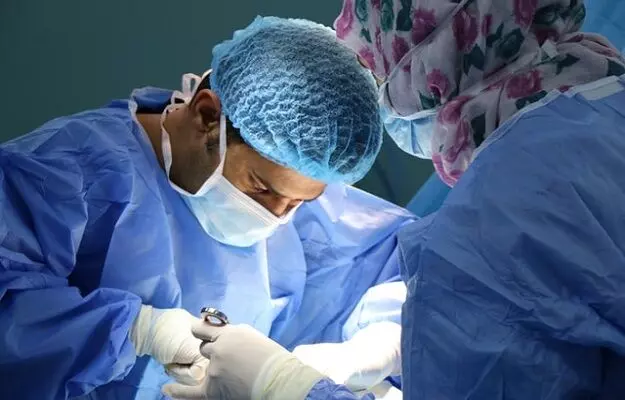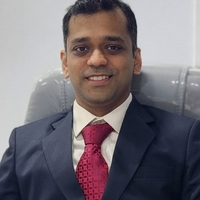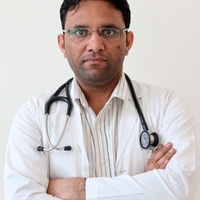Summary
Jejunostomy is a surgery that involves the creation of a hole inside the small intestine and inserting a tube to supply nutrition when you are not able to eat or drink properly. You will need this surgery if you are having uncontrolled vomiting, pain while eating or are not gaining weight even after eating. You will need to fast from the midnight before the day of the surgery until your doctor approves your meal or drink after the surgery. The administration of some medicines, such as blood thinners, may need to be stopped temporarily. Anaesthesia will be administered during the surgery to keep you free from pain.
After the surgery, you must keep the surgical site clean and dry and flush the jejunostomy tube with water to keep it clean. Contact your healthcare provider if you are unable to flush the tube or have symptoms such as weakness, diarrhoea or fever. Based on your condition and recovery at follow-up appointments, the doctor will decide how long the tube should be kept inside the abdomen.










































